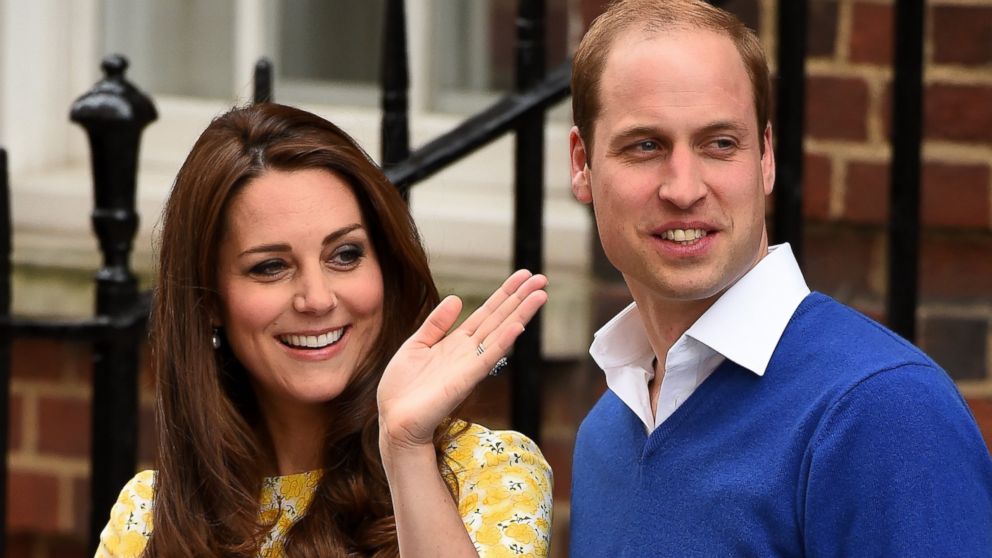Prince William, Kate Issue Warning to Paparazzi Against Harassing Prince George
A letter to media leaders was sent by Kensington Palace on Friday.

— -- Royal officials today alleged that photographers have hidden in cars and fields, used children as bait and monitored the movements of household staff to obtain photos of 2-year-old Prince George.
The accusations came in a letter sent by Kensington Palace to media organizations today urging them not to publish unauthorized photos of Prince George and his sister, 3-month-old Princess Charlotte, the children of Prince William and Princess Kate.
"The worry is that it will not always be possible to quickly distinguish between someone taking photos and someone intending to do more immediate harm," the palace said in the letter, adding that the photographers’ actions are risky “in a heightened security environment.”
Not long after the palace’s letter was released, the Metropolitan Police issued a statement of its own, writing that “covert” photographers catch the attention of their armed officers.
“Photographers are potentially putting themselves at risk from armed intervention where our armed officers perceive a risk to the personal safety of their principal, the public and themselves,” the statement read. “When assessing potential threats armed officers have to make split second decisions regarding their use of force in order to protect their principals, the public and their colleagues.”
The Kensington Palace letter revealed the details of one specific instance involving a photographer aiming his lens at Prince George last week that raised alarm.
“A photographer rented a car and parked in a discreet location outside a children's play area. Already concealed by darkened windows, he took the added step of hanging sheets inside the vehicle and created a hide stocked with food and drinks to get him through a full day of surveillance, waiting in hope to capture images of Prince George,” palace officials wrote. “Police discovered him lying down in the boot of the vehicle attempting to shoot photos with a long lens through a small gap in his hide.”
The letter described Prince George, the third-in-line to the British throne, as the “number one target” of photographers and added that “a line has been crossed.”
“We have made the decision to discuss these issues now as the incidents are becoming more frequent and the tactics more alarming,” read the letter, which also alleges that photographers have targeted the home of Princess Kate's family in Berkshire.
The letter, which was also posted online, was signed by Jason Knauf, communications secretary for Kensington Palace.
The royal family has been spending much of their time since Princess Charlotte’s birth at Anmer Hall, their country home on the Queen’s Sandringham estate. Apartment 1A in Kensington Palace is the family’s main residence when they are in London.
“The Duke and Duchess are of course very fortunate to have private homes where photographers cannot capture images of their children,” Knauf wrote in the letter. “But they feel strongly that both Prince George and Princess Charlotte should not grow up exclusively behind palace gates and in walled gardens.
“They want both children to be free to play in public and semi-public spaces with other children without being photographed,” Knauf wrote of William and Kate.
The letter also expressed appreciation to news organizations abiding by the royal family's wish that unauthorized photos of Prince George and Princess Charlotte not be published, singling out publications in Australia, Canada, and New Zealand, in particular, and other major media markets like the United States that have adopted a similar position.
"We hope a public discussion of these issues will help all publishers of unauthorised photos of children to understand the power they hold to starve this disturbing activity of funding," Knauf wrote. "The Duke and Duchess are determined to keep the issues around a small number of paparazzi photographers distinct and separate from the positive work of most newspapers, magazines, broadcasters, and web publishers around the world."




